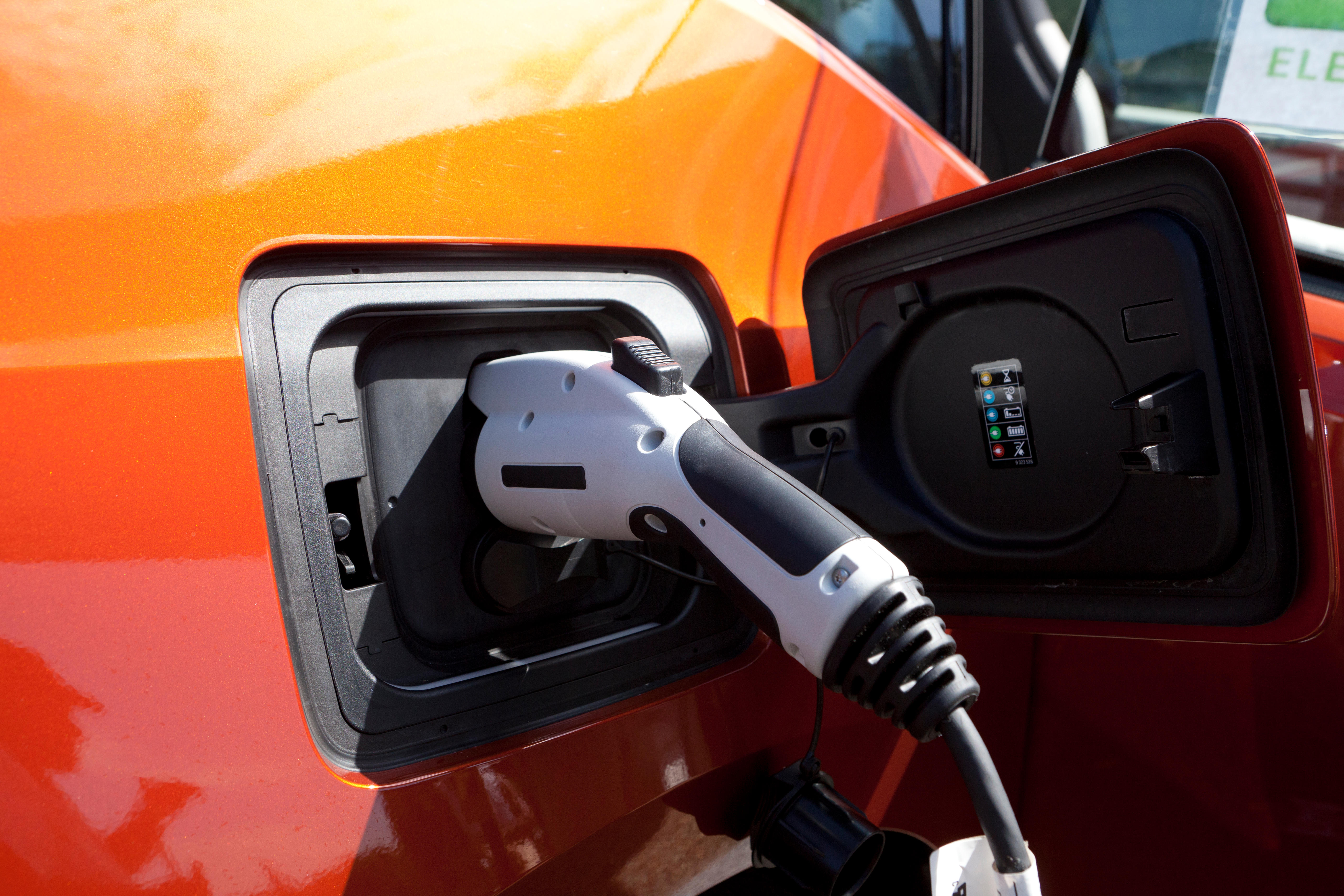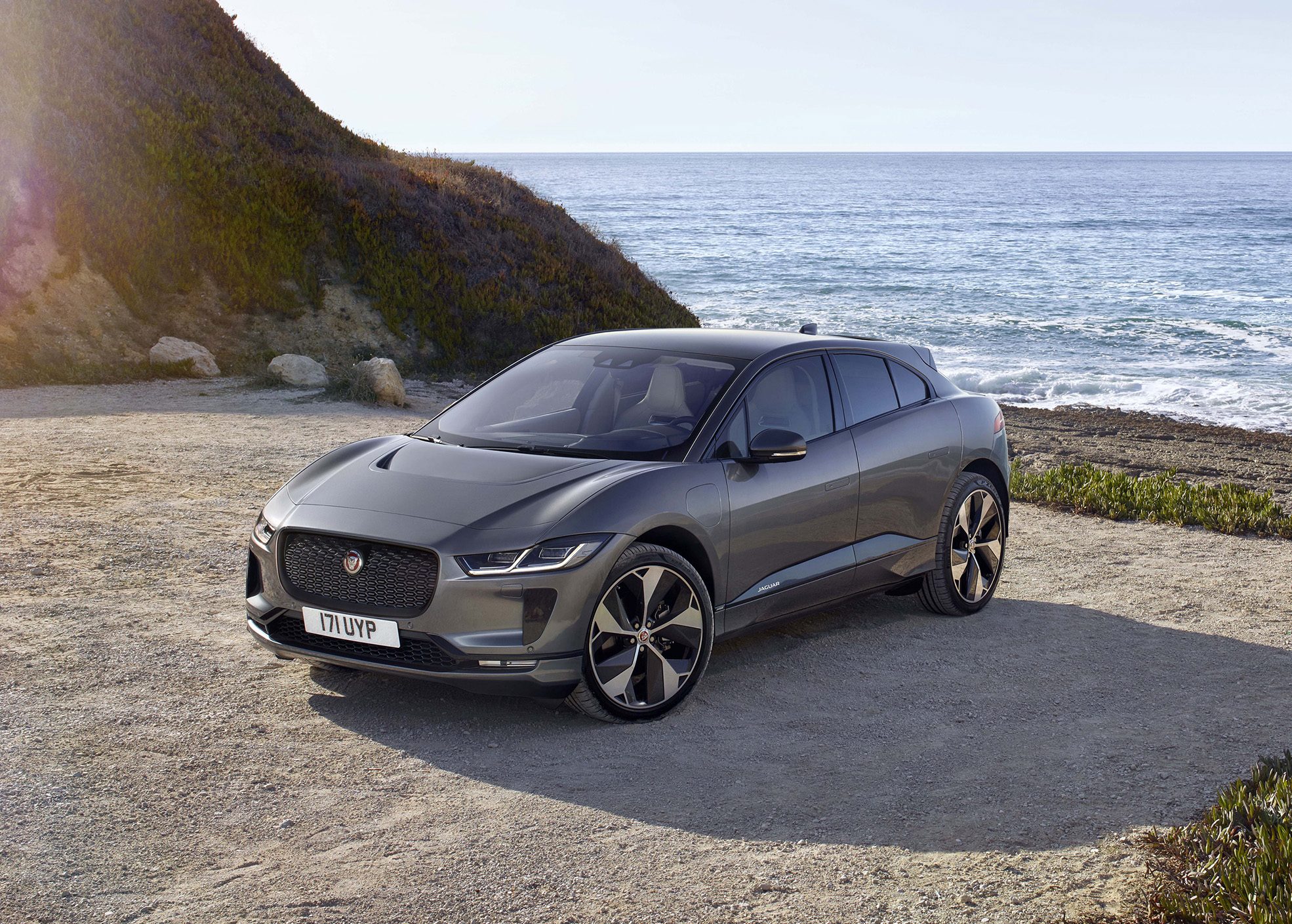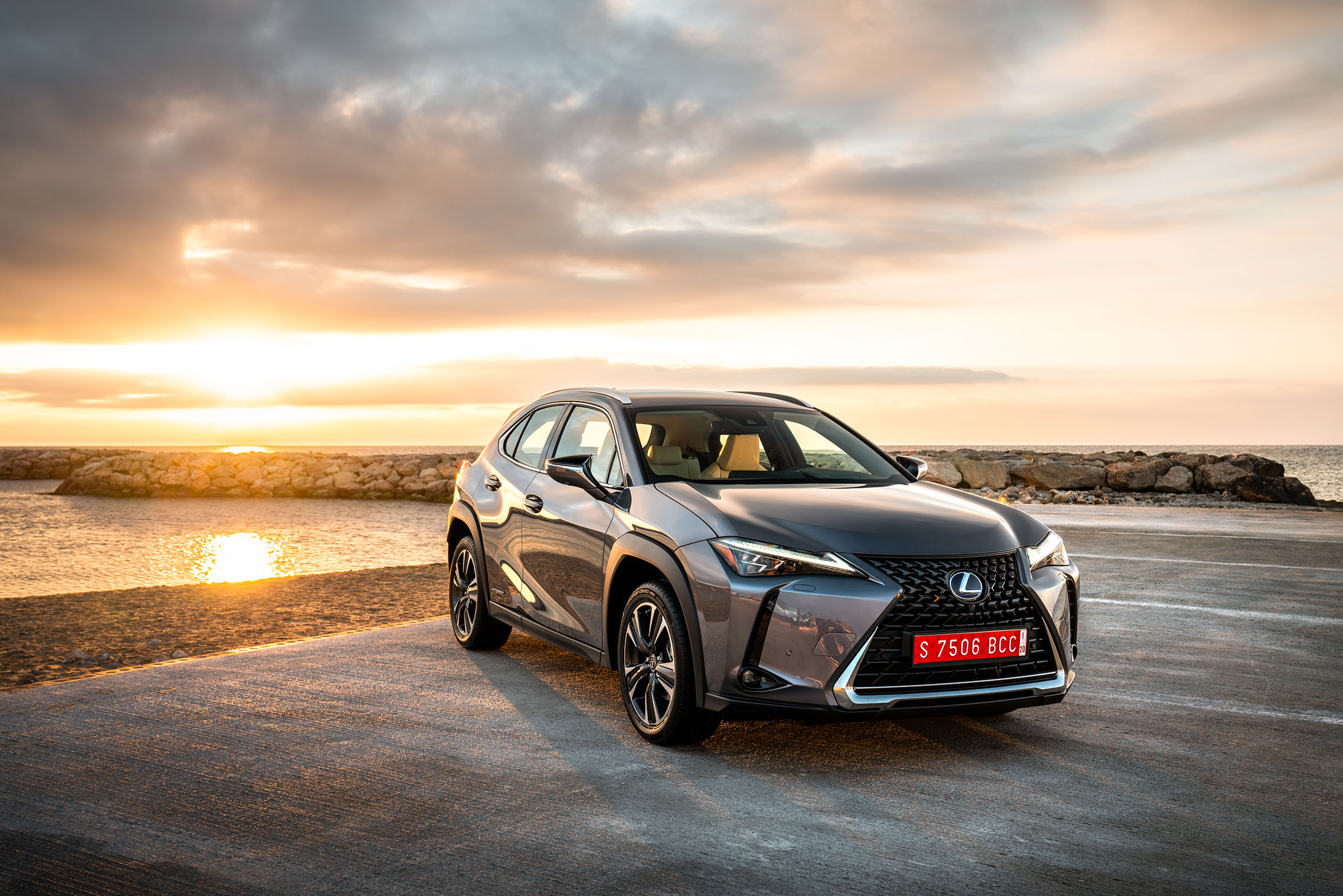The bright idea that's a 'landmark moment' for electric cars in Britain
One of the major headaches of owning an electric car is finding and paying for a charging point — but that's become far easier as a new scheme gets off the ground.

When Country Life's motoring correspondent Charles Rangeley-Wilson wrote a piece on electric cars earlier this year, he came away hugely impressed with the vehicles themselves.
Finding somewhere to charge those cars, however, was a different matter. Some parts of the country are already well-served by electric points, but in others — notably the West Country and Scotland — they're few and far between. What's worse is that most are run by different organisations, forcing users to set up online accounts and smartcards with a plethora of companies in order to accomplish what ought to be a simple task.
That latter headache is about to be solved. Nine of the main operators of Britain's 20,000 electric charging points have clubbed together to allow drivers to pay for their electricity with a single account. Allego, EV Box, New Motion, Chargemap, Charge Point, Charge4europe, Engenie, Franklin Energy and Travelcard have joined the consortium — though not without a little pressure. The government had threatened to enforce a similar scheme if one wasn't set up voluntarily.
'It will help to break down one of the key barriers hampering the uptake of electric vehicles'
With the work done, however, owning an electric car will be easier than ever before. And with the government having recently pledge to fund the building of a further 1,000 charging points, things are on the up.
'Simple, standardised payment methods at charge points are essential for an electric revolution, and it is fantastic to see industry working together to make charging an electric car as convenient as buying fuel from a petrol station,' said transport secretary Grant Shapps.
'This is a strong signal that we are moving away from confusing payments involving multiple smartphone apps and membership cards, and driving in the right direction; towards electric travel being the new normal.'
The speed of charging is still an issue — typically cars need at least 20 minutes to get a decent amount of charge, even with a commercial fast charger — but it's certainly a step in the right direction.
Sign up for the Country Life Newsletter
Exquisite houses, the beauty of Nature, and how to get the most from your life, straight to your inbox.
Sytse Zuidema, chief executive of Netherlands-based New Motion, is bullish, telling The Times that this is a 'landmark moment' that 'will help to break down one of the key barriers hampering the uptake of electric vehicles.'

Credit: Jaguar
The five best electric cars you can buy today, no matter what you need
It doesn't matter if you need a sporty car, a city hatchback or a load-lugger with room for all the

Lexus UX 250h review: The car of the future turns out to be a rather good option for right now
Japanese luxury car maker Lexus have made their first small SUV, and it's the sort of car that we'll all
Toby Keel is Country Life's Digital Director, and has been running the website and social media channels since 2016. A former sports journalist, he writes about property, cars, lifestyle, travel, nature.
-
 The King's favourite tea, conclave and spring flowers: Country Life Quiz of the Day, April 22, 2025
The King's favourite tea, conclave and spring flowers: Country Life Quiz of the Day, April 22, 2025Tuesday's Quiz of the Day blows smoke, tells the time and more.
By Toby Keel
-
 London is the place for me* (*the discerning property buyer)
London is the place for me* (*the discerning property buyer)With more buyers looking at London than anywhere else, is the 'race for space' finally over?
By Annabel Dixon
